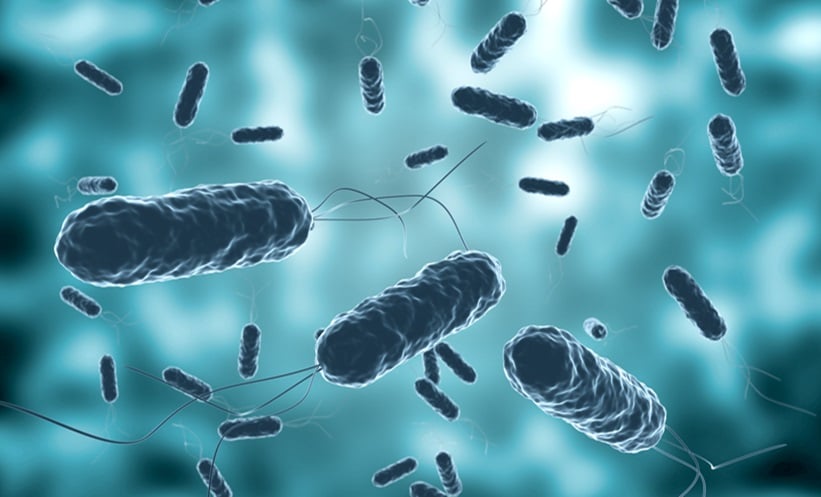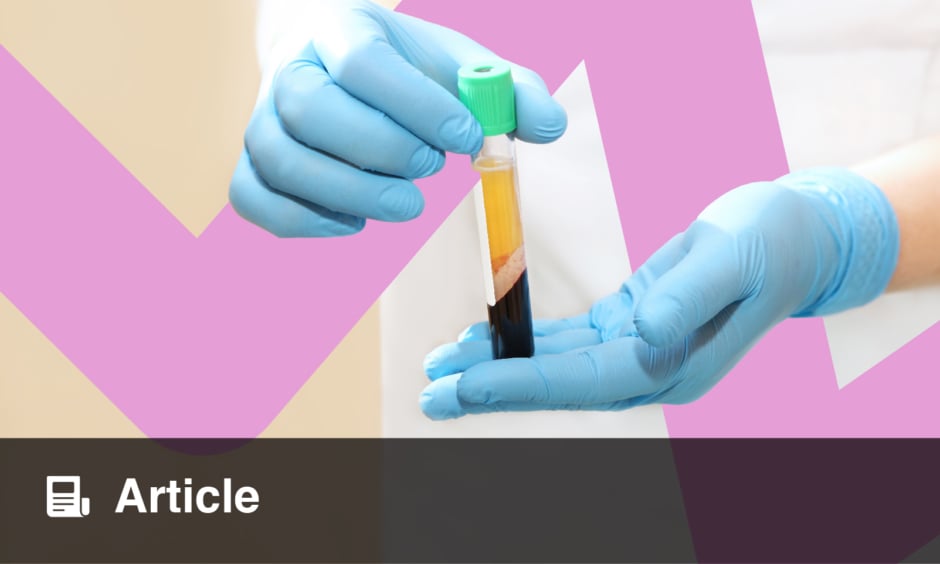NEW research from the Perelman School of Medicine, University of Pennsylvania, USA, suggests that Alcaligenes faecalis (A. faecalis), a bacterium found in many chronic wounds, can aid in healing difficult-to-treat wounds, especially in people with diabetes.
The wound microbiome, a diverse community of microbes residing in wound tissue, plays a critical role in wound healing outcomes. While, largely, the focus has been placed on eradicating wound microbes to prevent infection, recent studies suggest that some resident skin bacteria might promote wound healing.
The study on diabetic foot ulcers, led by Elizabeth Grice and Ellen White, University of Pennsylvania, Philadelphia, USA, identified A. faecalis, a bacterium often found in chronic wounds, as a potential promoter of wound healing. In patients with diabetes, certain enzymes, specifically including matrix metalloproteinases, are overproduced and hinder proper healing. The study demonstrated that A. faecalis helps close wounds by promoting the movement of keratinocytes and modulating matrix metalloproteinases.
It was noted that A. faecalis differs from traditional wound pathogens like Staphylococcus aureus, which delay healing and cause inflammation. A. faecalis not only improved early wound closure but also was cleared from the wound site without persisting into later stages, indicating its role as a beneficial, rather than harmful, microbe in wound healing.
These findings highlight the importance of rethinking current clinical practices that aim to eradicate all wound microbes. By targeting specific interactions between beneficial bacteria and host tissues, we might develop new therapies that harness the wound microbiome to promote healing.
Katie Wright, EMJ
Reference
White EK et al. Alcaligenes faecalis corrects aberrant matrix metalloproteinase expression to promote reepithelialization of diabetic wounds. Sci Adv. 2024;10(26):eadj2020.







